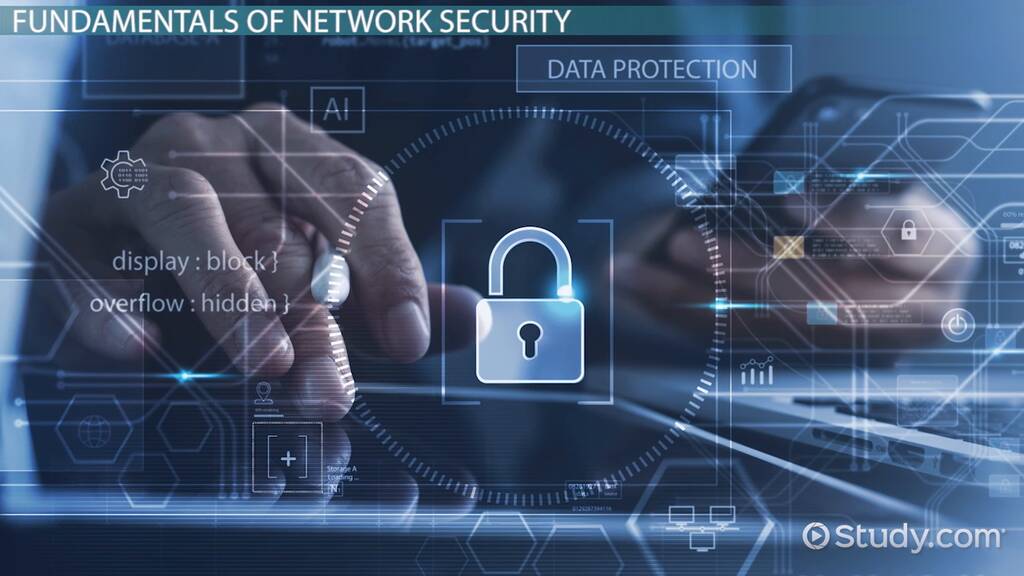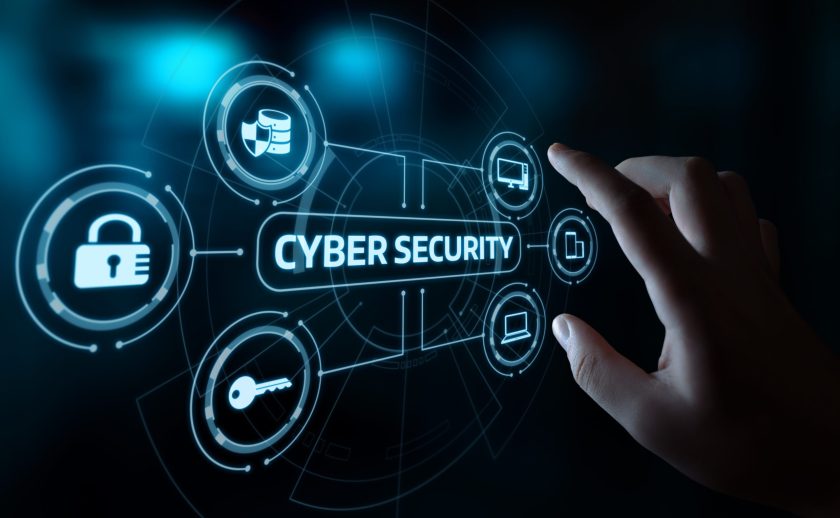Quantum networking has the potential to redefine cybersecurity by introducing fundamentally new methods of securing data that are grounded in the laws of quantum physics, rather than mathematical complexity. Here’s a breakdown of why it’s so revolutionary:
🔐 Why Quantum Networking Could Redefine Cybersecurity
1. Quantum Key Distribution (QKD) — Unbreakable Encryption
- What it is: QKD uses quantum particles (like photons) to generate and share encryption keys between two parties.
- Why it’s secure: Any attempt to eavesdrop on the quantum signal disturbs the particles, alerting the communicating parties.
- Impact: Unlike current encryption (e.g., RSA), which relies on computational difficulty, QKD is secure against even future quantum computers.
✅ Result: Eavesdropping becomes detectable — you can’t copy quantum data without being noticed (thanks to the No-Cloning Theorem).
2. Post-Quantum Cryptography Is Temporary — Quantum Networking Is Fundamental
- Post-quantum algorithms (PQCs) are being developed to withstand quantum attacks, but they’re still based on math and may be vulnerable in the future.
- Quantum networking, on the other hand, doesn’t depend on assumptions. It uses the physics of nature — making it far more robust.
3. Secure Multi-Node Communication
- Quantum networks allow multiple nodes to share entangled quantum states.
- This enables secure multi-party communication, quantum conferencing, and distributed quantum computing.
- It’s far more secure than traditional VPNs or TLS protocols.
4. Defense Against Quantum-Powered Threats
- Once quantum computers are powerful enough, they could break today’s cryptographic systems (e.g., Shor’s algorithm can break RSA, ECC).
- Quantum networks with QKD protect data even against quantum attackers — ensuring future-proof security.
5. Tamper-Proof Data Integrity
- In quantum networks, any interference or tampering is physically detectable.
- This ensures integrity of communication channels — a key requirement for high-security environments like government, defense, and finance.
🚨 Use Cases: Who Needs It Most?
- Military and government communications
- Financial institutions (banks, stock exchanges)
- Healthcare for protecting sensitive patient data
- Critical infrastructure (power grids, satellites)
🌐 Quantum Internet — The Bigger Vision
Quantum networking lays the foundation for a quantum internet:
- A new kind of internet with built-in security
- Enables instantaneous entanglement-based communication
- Drives the future of distributed quantum computing and AI
🧠 Final Thought:
“Quantum networking isn’t just a security upgrade — it’s a paradigm shift. It replaces trust in algorithms with trust in physics.”






